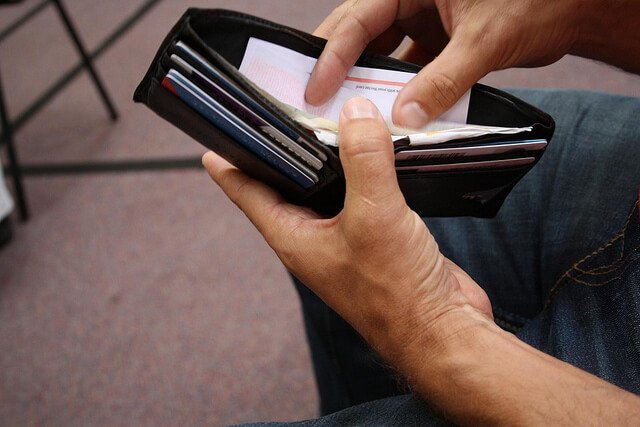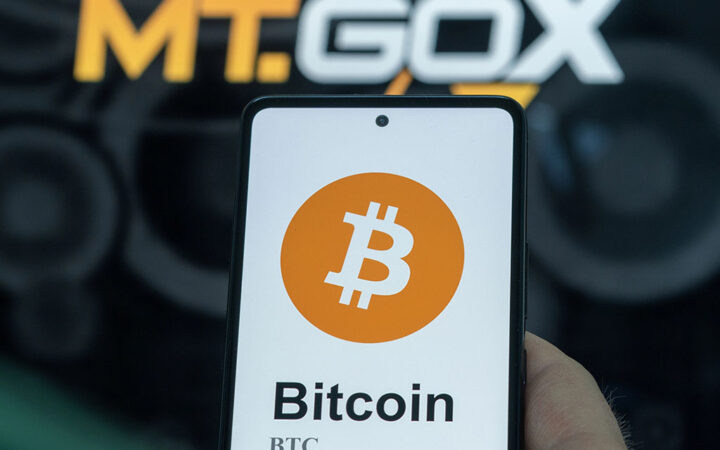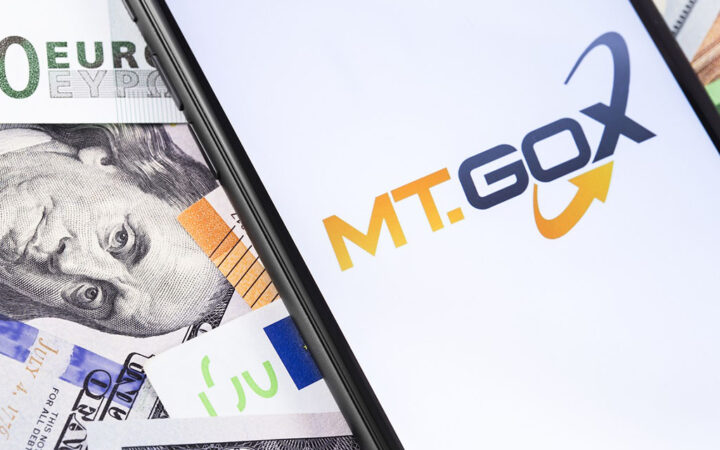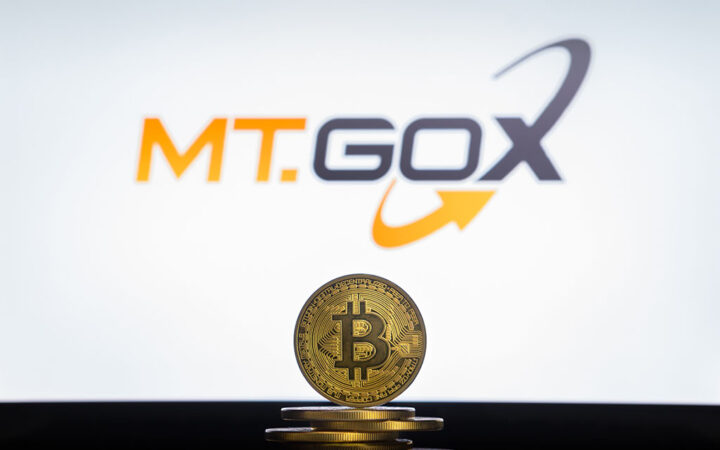Taking strong interest in blockchain, cryptocurrencies, and IoT, Tatsiana Yablonskaya got deep understanding of the emerging techs believing in their potential to drive the future.
In light of recent events bitcoin confirms its being an uncontrolled currency. Immediately after the arrest of Mt. Gox’s CEO Mark Karpeles numerous lawsuits showered.
The story of the Kyoto resident who wanted a refund from Mt. Gox is quite typical. He used to have 458 bitcoins in the company account which is equal to ¥31 million. As we already know the bitcoin exchange announced its bankruptcy in February.
According to the information it provided to customers millions of dollars had just disappeared from its system. The most evident explanation was hacker attack and everyone didn’t have any choice other than to believe in this version.
The situation started clearing up some time ago when Karpeles was accused of manipulating virtual currency data and put under the arrest. The police brought a suit against him for embezzling about ¥1.1 billion ($8.9 million) from customer deposits and transferring them to the accounts of his other companies.
Returning to the Japanese who wanted to return his currency it’s necessary to mention that he appeared in the court alone, without attorney. At first sight the case seems to be quite simple – a person wants a refund of his stolen money.
Indeed bitcoin turned out to be much more complicated and ambiguous issue. The lawsuit was dismissed. Presiding Judge Masumi Kurachi explained that bitcoin can hardly be referred to tangible assets.
The Civil Code provides ownership only for palpable entities subject to control. According to the Judge “bitcoin is more like a slippery asset because transactions between users are structured in such a way that calls for the involvement of a third party”.
The Japanese law should seriously consider the definition of bitcoin facing quite a number of lawsuits against Mt. Gox. The problem of bitcoin regulation has been existing before although obviously wasn’t paid enough attention. The situation when bitcoins are considered to be impossible to own is incorrect. You can buy with bitcoin, you can sell with bitcoin, but you can’t really own it. Isn’t it sad and ridiculous at the same time?
Bitcoin seems to be not a bad investment at all. The total contribution to the development of bitcoin industry for 2015 has already exceeded that of 2014 ($375.4 million to $339.4 million). The number of new bitcoin companies increased by 80%.
These facts serve as an evidence of great interest in the sphere. However problems remain. As soon as right definition for bitcoin is found among legal representatives and strong regulation is provided, the development of bitcoin might boost.



